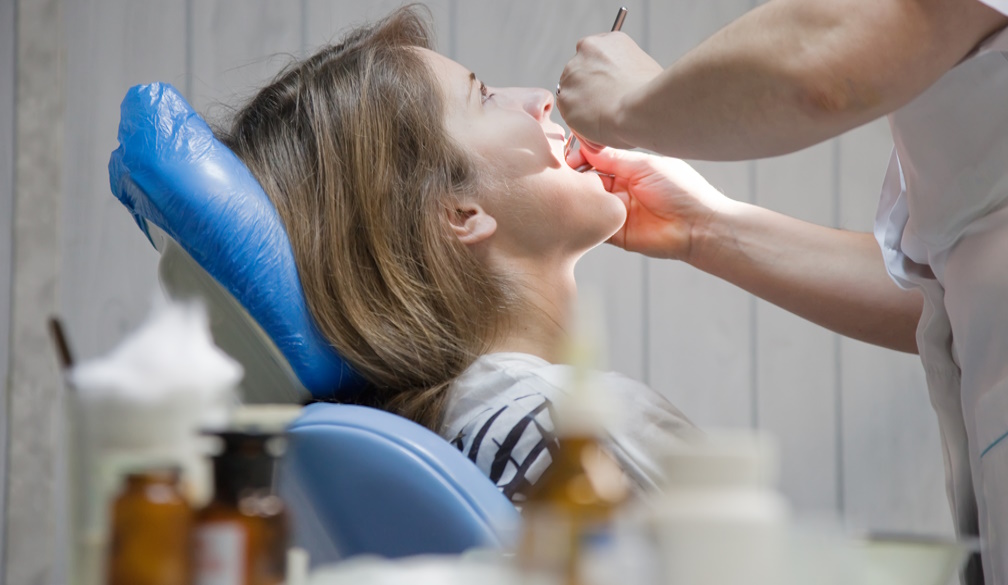Wisdom Teeth Extraction: Ensuring Comfort and Long-Term Oral Health

When it comes to oral health, few procedures are as common — or as important — as Wisdom Teeth Extraction. These third molars, which usually appear between the ages of 17 and 25, can often cause complications when they don’t grow properly. For many people, their mouths simply don’t have enough room to accommodate these extra teeth, leading to pain, infection, and alignment problems. Fortunately, with modern dental techniques and gentle care, wisdom teeth removal has become a straightforward and comfortable procedure that protects long-term dental health.
Why Wisdom Teeth Often Need to Be Removed
Wisdom teeth are remnants of our evolutionary past when humans needed larger jaws to chew coarse, raw food. Today, however, most people’s jaws are smaller, leaving limited space for these molars to emerge correctly. As a result, they often become impacted — meaning they are trapped beneath the gum or grow at an awkward angle.
Impacted wisdom teeth can cause a range of issues, including pain, swelling, gum infections, and damage to nearby teeth. They can also contribute to overcrowding or misalignment, especially if you’ve previously had orthodontic treatment. Removing these teeth before complications develop is often the best way to maintain oral health and prevent future problems.
Recognising the Signs You May Need Extraction
Not everyone needs their wisdom teeth removed, but there are clear signs that extraction may be necessary. Common symptoms include persistent pain in the back of the mouth, swollen or bleeding gums, jaw stiffness, and bad breath caused by trapped bacteria. In some cases, cysts may form around impacted teeth, leading to more serious complications if left untreated.
Dentists typically monitor the growth and position of wisdom teeth using X-rays. If the teeth are misaligned, partially erupted, or causing pressure on neighbouring teeth, your dentist may recommend extraction to avoid infection or crowding.
Modern Techniques for a Comfortable Experience
Thanks to advancements in dentistry, Wisdom Teeth Extraction is now safer, faster, and far less uncomfortable than it once was. Dentists and oral surgeons use advanced imaging technology to plan the procedure with precision, ensuring minimal disruption to surrounding tissues.
Local anaesthetic is commonly used to numb the area, and for patients who are anxious or undergoing multiple extractions, sedation options are available. The entire process usually takes less than an hour, depending on the number and complexity of the teeth being removed.
After extraction, the dentist provides clear post-operative care instructions to promote healing and reduce discomfort. Pain relief medication, soft foods, and proper oral hygiene ensure a smooth recovery within a few days.
The Benefits of Early Wisdom Tooth Removal
Dentists often recommend removing wisdom teeth early — typically in the late teens or early twenties — before the roots are fully developed. Early removal is beneficial because younger patients tend to heal faster, and the procedure is usually simpler.
Proactive removal prevents future complications such as crowding, infection, or decay in hard-to-reach areas. It also protects nearby teeth and maintains the alignment achieved through orthodontic work. By addressing potential issues before they worsen, patients can avoid unnecessary pain and costly treatments later in life.
What to Expect During Recovery
Recovery after wisdom teeth extraction varies depending on the individual and the complexity of the procedure. Most patients experience some swelling, minor bleeding, or tenderness for a few days. Dentists usually recommend applying ice packs, resting, and avoiding strenuous activities during this period.
Soft foods such as soups, smoothies, and mashed vegetables are ideal while healing. It’s also important to avoid drinking through a straw or smoking, as these actions can dislodge the blood clot and lead to a condition called dry socket. Following the dentist’s aftercare advice ensures a quicker, more comfortable recovery.
Addressing Common Concerns About the Procedure
Many people feel nervous about wisdom teeth removal, but modern dental care focuses heavily on comfort and safety. The use of effective anaesthesia and gentle surgical techniques means patients rarely feel pain during the procedure. Any post-operative discomfort is easily managed with prescribed medications and proper care.
Another concern is cost — but in most cases, extraction is a worthwhile investment in long-term health. Leaving problematic wisdom teeth untreated can result in chronic infections, abscesses, or costly restorative work in the future. Early removal helps avoid these complications entirely.
The Role of Preventive Care After Extraction
Once your wisdom teeth have been removed, maintaining good oral hygiene is key to keeping your mouth healthy. Regular dental check-ups help monitor healing and prevent future issues such as gum disease or bone loss.
Your dentist will guide you through preventive practices — such as gentle brushing, rinsing with salt water, and avoiding hard foods — to support recovery and maintain long-term oral wellness. Patients who follow these recommendations typically experience smooth healing and lasting results.
Why Choosing an Experienced Dentist Matters
Choosing a skilled and experienced dentist or oral surgeon ensures the best outcome for your wisdom teeth removal. Experienced professionals understand how to manage even complex cases with precision and care. They also know how to keep patients relaxed and informed throughout the process, making it as stress-free as possible.
Whether your extraction is straightforward or involves impacted teeth, working with a trusted dental team ensures safety, comfort, and lasting results.
Conclusion
If you’re experiencing pain, swelling, or crowding at the back of your mouth, it may be time to consult a professional about Wisdom Teeth Extraction. Modern dentistry has made this procedure quick, comfortable, and highly effective in preventing long-term complications. With the right care, patients recover easily and enjoy lasting oral health benefits.

